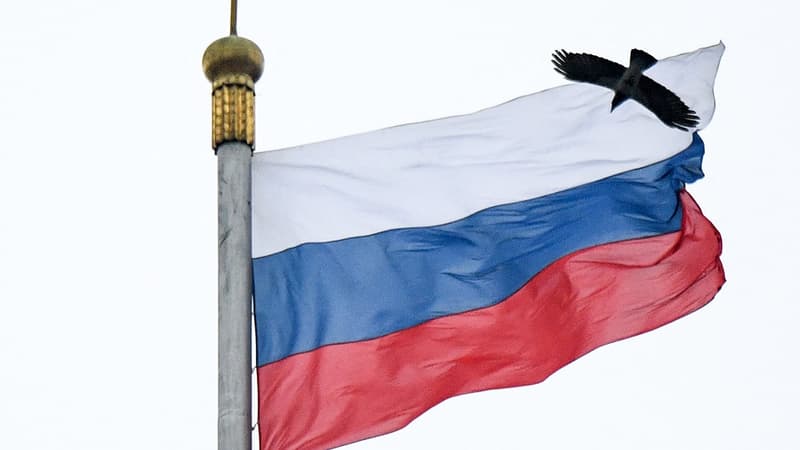Russia’s Gross Domestic Product (GDP) contracted -1.9% in the first quarter of 2023, according to a preliminary assessment by the Russian Statistics Agency (Rosstat), a year after the hail of sanctions that hit Moscow after his offensive in Ukraine. The first quarter was marked especially by the introduction of the European embargo on Russian oil products, to which was added another embargo -on crude oil- and the limitation of its price to 60 dollars a barrel, weighing down Moscow’s income.
The numerous international sanctions have had a significant effect on Russian finances: in March, despite oil exports reaching their highest level since April 2020, Moscow’s oil windfall only reached $12.7 billion, according to the International Energy Agency (IEA), a significant drop of 43% compared to a year ago.
An expected deficit of almost 4% of GDP in 2023, double what was expected
As a direct consequence, according to the latest data available, the budget deficit reached 3.4 billion rubles between January and April (39 billion euros at current exchange rates, editor’s note), that is, more than the target figure for this period indicated in the finance law 2023 (2.9 trillion rubles). According to the Russian Ministry of Finance, which made this data public, the deficit was due between January and April to a significant drop in revenue, weighed down by the drop in revenue linked to hydrocarbons (-52%), and the strong increased spending (+26%), largely attributable to the military offensive in Ukraine.
On Wednesday, Rosstat indicated however that the construction (+8.8% year-on-year) and agriculture (+2.9%) sectors had held up well in the first quarter. With the current trajectory, the Russian deficit could reach between 3% and 4% of GDP by the end of the year, according to experts, higher than the 2% forecast.
Annual inflation lost more than one point in a month
Against this backdrop, inflation has largely eased, to 3.5% in March and then to 2.3% in April, according to Rosstat. Unemployment, at a very low level of 3.5%, is not, on the other hand, a sign of good health for the Russian economy, but rather reflects a contraction in the workforce linked to the consequences of the offensive in Ukraine, which have been superimposed on a demographic crisis, a persistent phenomenon since the late 1990s. This is reflected in particular in recruitment difficulties in many sectors, such as transport.
According to the Russian Central Bank (BCR), the drop in GDP in the first quarter reached -2.3%, but the banking institution expects an increase of +4.2% between April and June. Throughout the year, the BCR expects a GDP increase of between +0.5% and 2% by 2023. The Russian authorities now believe that growth will no longer be driven by exports, but by household consumption, in particular with the increase in real wages.
Source: BFM TV


